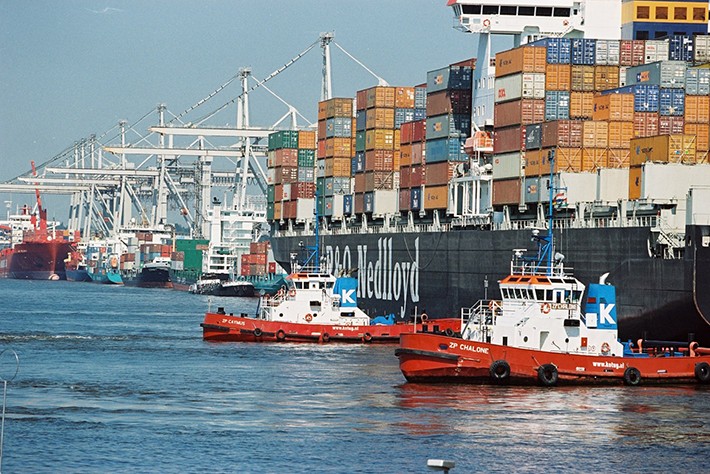These suppliers are no different to any others, they must be evaluated regularly to ensure that you are receiving the correct level of service and the best value for money. Here are the 3 main areas I reviewed on a regular basis when I worked in freight forwarding, prior to my career at Cast UK:
1. Price
It’s very important but it’s not everything, regardless of the service you are getting you should be benchmarking the rates you achieve against other providers. It’s good to do this annually if you are signed up to a contract, but if you have large ad-hoc movements in addition to your regular shipments, then it’s generally a good idea to get comparative prices for these as they occur. A freight forwarder may offer shipping rates below the rest of the competition, but you may then find yourself paying for choosing them in additional costs, delays, and very poor customer service.
2. Service
You might be getting what you feel is a good service, but why not explore the market to see what other providers are offering? Are you perhaps not taking advantage of some of the services your current forwarder offers and just don’t realise it. Ask for an account review with your account manager to find out and also ask what the plan is for the future of your relationship with them.
3. Technology
Check whether your freight forwarder is proactively deploying the latest technology and market intelligence to assist you in staying ahead of your competition and mitigating risk. Many freight forwarders now offer real time information on shipments and key data from your shipping activity, but how important is this to you and do you actually need it? Many companies will issue you with their standard reporting tools and you should be asking yourselves if they are appropriate to you or if you actually need visibility on different data from your shipping.
All that other stuff
There are three main points for you; but I hear you saying “what about all that other stuff that forwarders do; CHIEF, NES, IPR, HMRC, Letters of Credit, trade compliance, tariff codes, BTI Rulings, Duty, VAT, dangerous goods compliance, trade embargoes, restricted substances, customs holds/procedures, changes in shipping/flight routes etc.” Well yes, the other bits are important and if your forwarder has been doing these things right then you won’t have any headaches from these. It’s still worth reviewing each area and to explain, I have an example: Whenever I onboarded a new customer, one of things they benefited from was a review of their product range to see if they were using the correct customs tariff codes and paying the correct amount of duty. One customer alone saved 1% on duty across their imported product range just by identifying a more suitable tariff code. I also obtained a Binding Tariff Ruling, giving that code validity for 6 years on that specific product. Without going into details this resulted in savings of £100,000+ annually. As you can see there is a lot involved but basically, like anything in business, freight forwarding requires reviewing regularly, so you don’t miss out on something better, so start asking questions and do some digging. PS. If you don’t have the time or expertise in your business to do this, why not get an interim consultant in, they’ll have it done in no time and will save you money. Find out more about what an interim professional can offer to your business
here.



